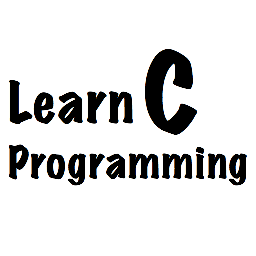Write a macro to demonstrate #define, #if, #else preprocessor commands. 6m Jun 2010
Write a macro to demonstrate #define, #if, #else preprocessor commands. 6 Code: #include <stdio.h> #define CHOICE 100 int my_int = 0; #if (CHOICE == 100) void set_my_int() { my_int = 35; } #else void set_my_int() { my_int = 27; } #endif main () { set_my_int(); clrscr(); printf(“%d\n”, my_int); getch(); } [codesyntax lang=”c”] #include <stdio.h> #define… Read More »

